|
Is going to art school a waste of time and money? Can a person even make a stable living with an art degree? What paths can an art major open up for us? No to the first (depending on the school you go to). Yes to the second (I'm living proof of it!). Whichever path you desire would be my answer to the third, as long as art is truly your passion, and you're willing to step out of your comfort zone consistently and work really hard. *Most of the time while holding a regular job that will enable you to pay your bills and put food on the table while investing in art supplies, developing your skills and building your name/audience. In today's guest post, emerging freelance writer Ruby Clarkson who's written for Jackson's Art and is absolutely obsessed with writing, theatre and visual arts, will help shed some light on the many paths an art degree can help open up. But, before getting into her article, I'd like to share a few things with you. The myth of the 'starving artist' totally irks me. So does the myth of the crazy/depressed artist and the myth that artists create their best work from a place of pain and misery. I create my best work when I'm in a calm, positive state of mind. And, like I shared in this blog post, I believe in taking care of myself mentally and physically because this enables me to consistently make forward progress. But I digress. If you want to make a living as an artist in the future, know that it's possible, whether you decide to go to art school or not. Today more than ever. There are lots of people doing it all around the world. This said, even artists who do spend years building up those solid bases in art school know that they have to keep learning and improving their skills/knowledge continuously throughout their journeys. Not only when it comes to cold artistic skills, but also in terms of business, marketing and personal development. We're incredibly lucky that, with the Internet, we're able to connect with artists who're further ahead in their journeys, join communities of like-minded people looking to share and encourage each other, and get access to valuable courses created by skilled artists that will boost our knowledge at very low costs. My advice? Take advantage of these tools and opportunities! Because, the reality is, you're only going to get so far holed up in your studio and following free tutorials. Though the Internet is full of information, it's a vast place full of contradicting advice and lots of people just getting started skip over fundamentals or simply don't know where to start based on their current skill level. To grow at a professional level, we need to invest in ourselves, connect with others, get feedback from people who are knowledgable in art, step out of our comfort zones, talk about our work, etc. In past blog posts, I've shared how I was lucky to have had the opportunity to attend art school on scholarship and graduated with a BA in Graphic Design. I'm thankful to have had that chance, as there's nothing like being surrounded by other artists and creatives consistently, learning about Art Fundamentals through-and-through, getting comfortable talking about art, obtaining useful feedback from professors who have been in the field for years, and getting used to meeting deadlines. All of these are things that helped me tremendously in all the 9-5 jobs I held after having graduated and have made starting my own business a lot easier. I still had to invest in business courses and complementary creative classes, though. Let's get into Ruby's article! What Can You Do With an Art Degree?
by Ruby Clarkson
One of the most persistent myths about a fine arts or design degree is that it’s difficult to find lucrative employment once you graduate. In fact, there are countless opportunities for talented creatives out there, it just takes, funnily enough, a little creativity in exploiting those possibilities! If you’re considering enrolling for an art degree but are worried about your future prospects, read on for seven career paths you might not have considered before. Interior Design If you have a natural eye for color, harmony and proportion, and can work with the latest home décor trends, you might enjoy being an interior designer. But it’s not all just picking out scatter cushions – several exciting niches exist, including office or educational space design, textile, furniture and product design, and even styling and planning bespoke kitchens for luxury homes. Illustration and Multimedia Art Whether it’s children’s cartoons, TV and film animations for advertising, special effects or fashion drawings, a career as an illustrator is bound to be rewarding. You can work independently or as part of an in-house creative team for corporate. Creating compelling and original images for merchandising like t-shirts, calendars and product packaging is also a field with plenty of potential. Gallery Management If you possess the right balance of artistic expertise and business savvy, you might do well in the art gallery world. Working with artists, art dealers and the general public, you’ll need to wear many hats to make sure that exhibitions are properly organized and profitable. You’ll need to know your industry inside and out, but sales, marketing and networking will also be a big part of your daily life.
Graphic Design Graphic design is an exciting and competitive area, but one in which it’s more than possible to distinguish yourself. You’ll work with a range of clients to bring their design briefs to life, using classic fine art media, a host of design software and plenty of marketing acumen. This line of work offers the possibility of freelancing or remote work, as well as the option to design in-house for big brands – a more niche but likely more profitable line of work. Lecturing or Teaching Of course, you could teach art and design as a subject at any level, which is a great option for those who enjoy working with people and might appreciate the more predictable schedule. Bring your love for the arts to secondary schools or sixth form colleges, or consider applying to teach a course at university. Another option is to offer more informal painting, drawing, decorating or design courses at your local community college or privately. Art Therapy You don’t necessarily have to use your art skills directly. Art therapists use visual arts media to help people communicate or work through their issues non-verbally. Artistic expression can be incredibly healing – if you’re artistic but also have a lot of empathy, patience and a desire to use art for good, this role could prove extremely gratifying. After further training, you can specialize more in psychotherapy, work with children, social work or even nursing contexts. Fine Artist, Sculpting or Mixed-Media Art If you have a knack for creating beautiful items that people want to own, consider doing it independently via local art fairs, galleries or online stores, and selling your hand-crafted wares directly to art collectors. Many people are happy to buy and gift art objects that are unique, custom made, locally produced or simply beautiful to look at. But what if I can’t get into art school? For many, earning a degree in art and design is a far-off dream they can’t imagine actually achieving for themselves. But even if you think that certain options may not be open to you, bear in mind that art education is more accessible now than ever. Consider an apprenticeship, or a bridging or foundation course to prepare you for higher education. Thankfully, there are many options for those who want to work up to a higher degree in art and design, and plenty of ways to finance your choice. Chat to your chosen university to discuss funding options and possible scholarships, or directly contact funding bodies who seek out and reward upcoming talent. While it’s true that careers in art and design are not as “cut-and-paste” as other more conventional occupations, there is still enormous scope for a talented creative to make a rewarding living doing what they love. It might take a little planning and thinking ahead, but the world always needs people with strong aesthetics, no matter how they apply their talents. I'd like to thank Ruby for sharing all of this helpful information with us and inspiring us to work towards building a fulfilling life around our passions. To get in touch with her, you can email her here. I hope you found this post helpful and thanks so much for reading!
8 Comments
6/27/2020 01:12:37 am
Wonderful blog post. So many things one can do to turn art into income. My husband has been a graphics artist for many years. One thing no art software can do and that is create original ideas!
Reply
6/28/2020 08:34:54 am
Hi Trish!
Reply
4/22/2021 11:46:57 pm
Your article is quite helpful! I have so many questions, and you have answered many. Thank you! Such a nice and superb article, we have been looking for this information about what can you do with an art major turning an art degree into income. Great post…
Reply
1/12/2022 01:05:44 pm
Hey, there!
Reply
1/12/2022 01:06:20 pm
Hey, there!
Reply
5/18/2023 12:37:46 pm
An art major opens up a world of creative possibilities! With an art degree, you can pursue various career paths such as becoming a professional artist, illustrator, graphic designer, art director, or art teacher. You can also explore opportunities in fields like advertising, marketing, publishing, and multimedia design. Don't underestimate the value of your artistic skills and passion – there are plenty of ways to turn your art degree into a fulfilling and income-generating career.
Reply
5/22/2023 10:16:31 am
Hi, there!
Reply
Leave a Reply. |
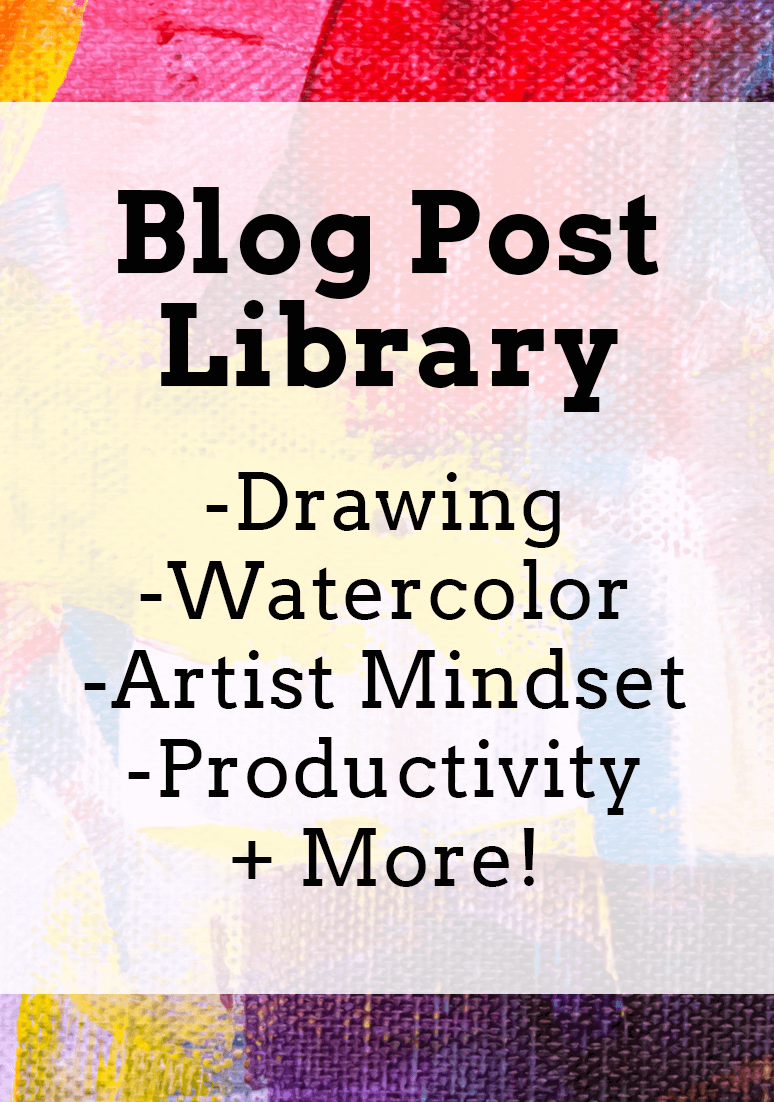
www.erikalancaster.com
is a participant in the Amazon Services LLC Associates Program, an affiliate advertising program designed to provide a means for sites to earn advertising fees by advertising and linking to amazon.com. www.erikalancaster.com is a participant in the Shareasale.com Affiliate Program, an affiliate advertising program designed to provide a means for sites to earn advertising fees by advertising and linking to Shareasale.com partner companies. |

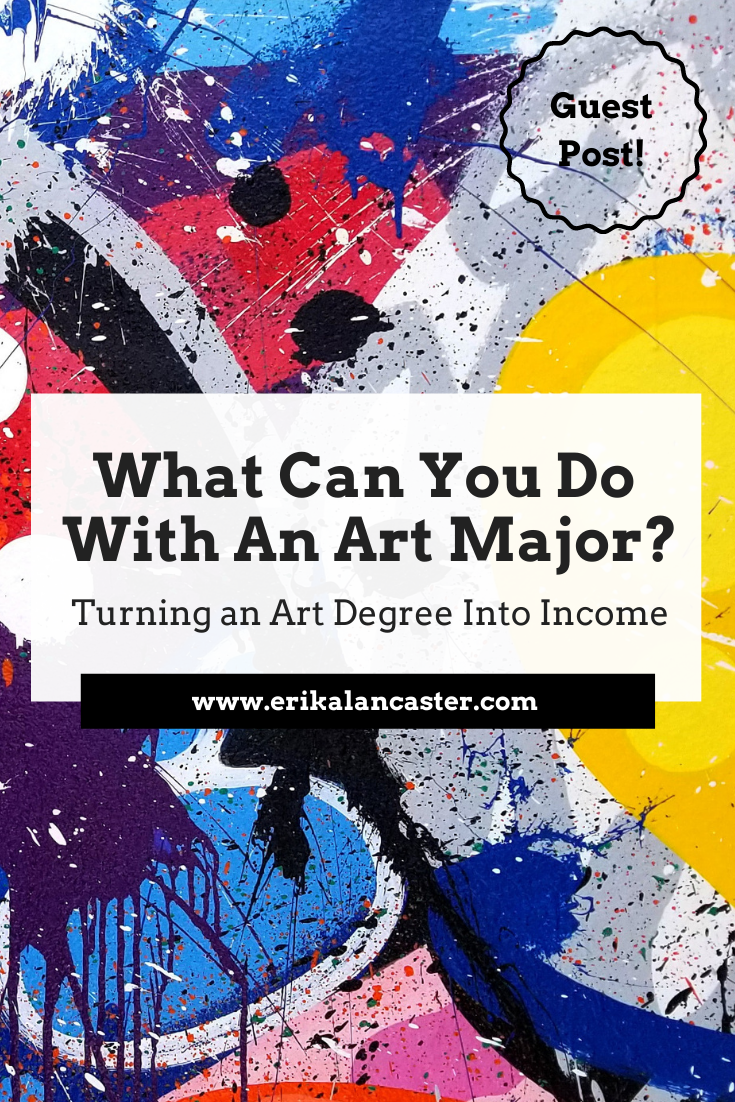
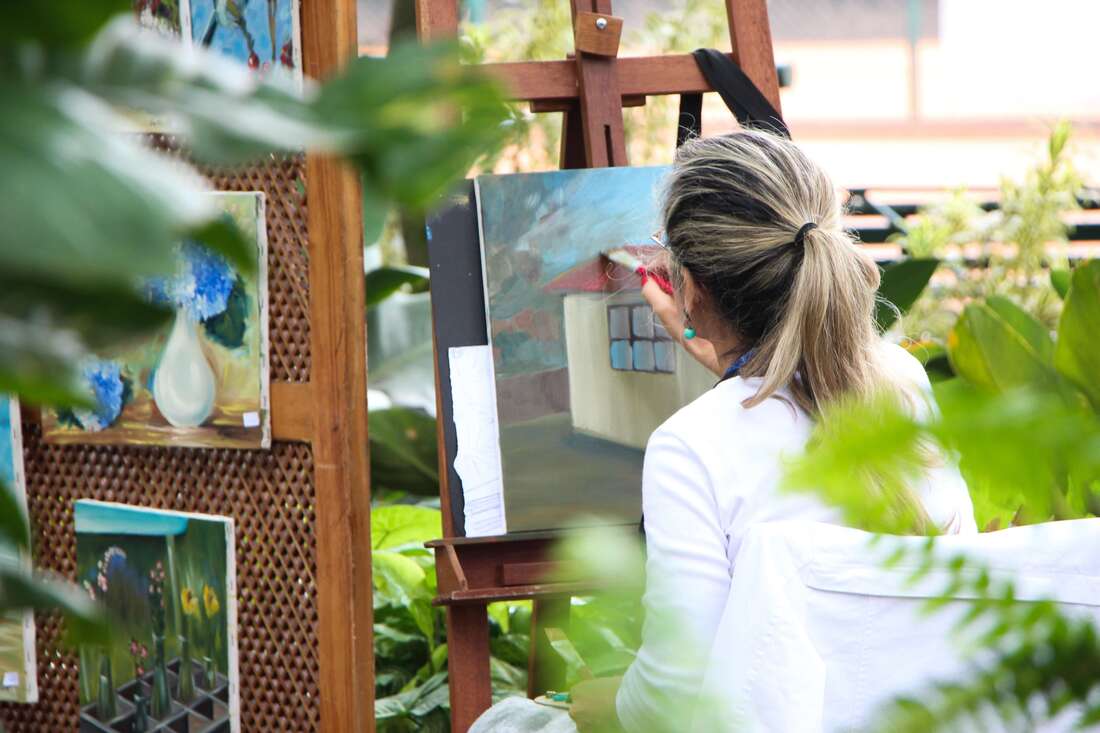

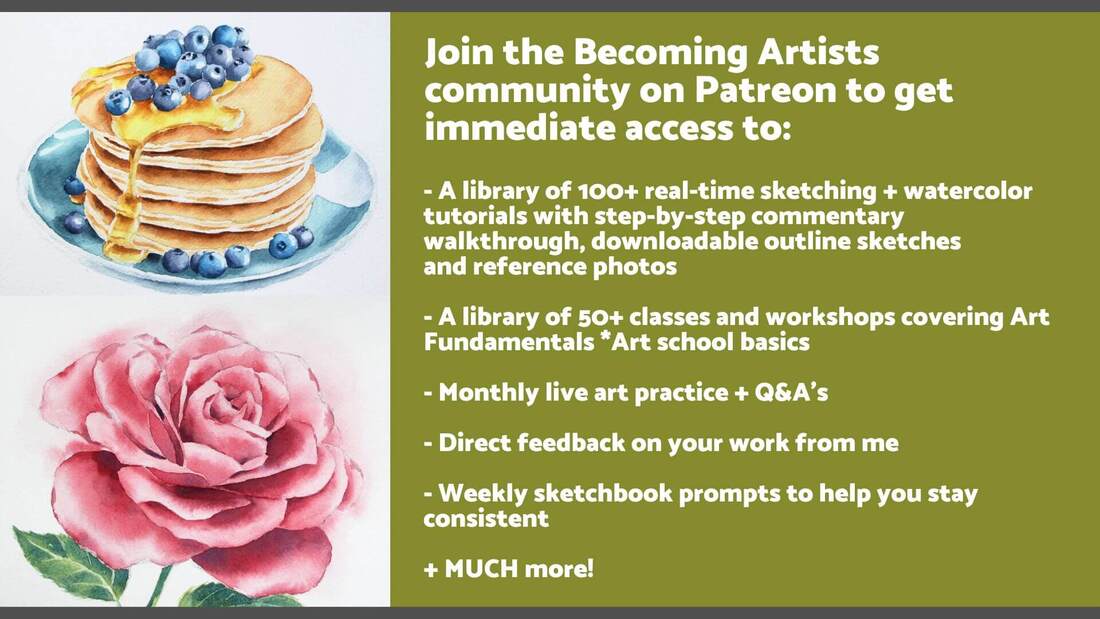
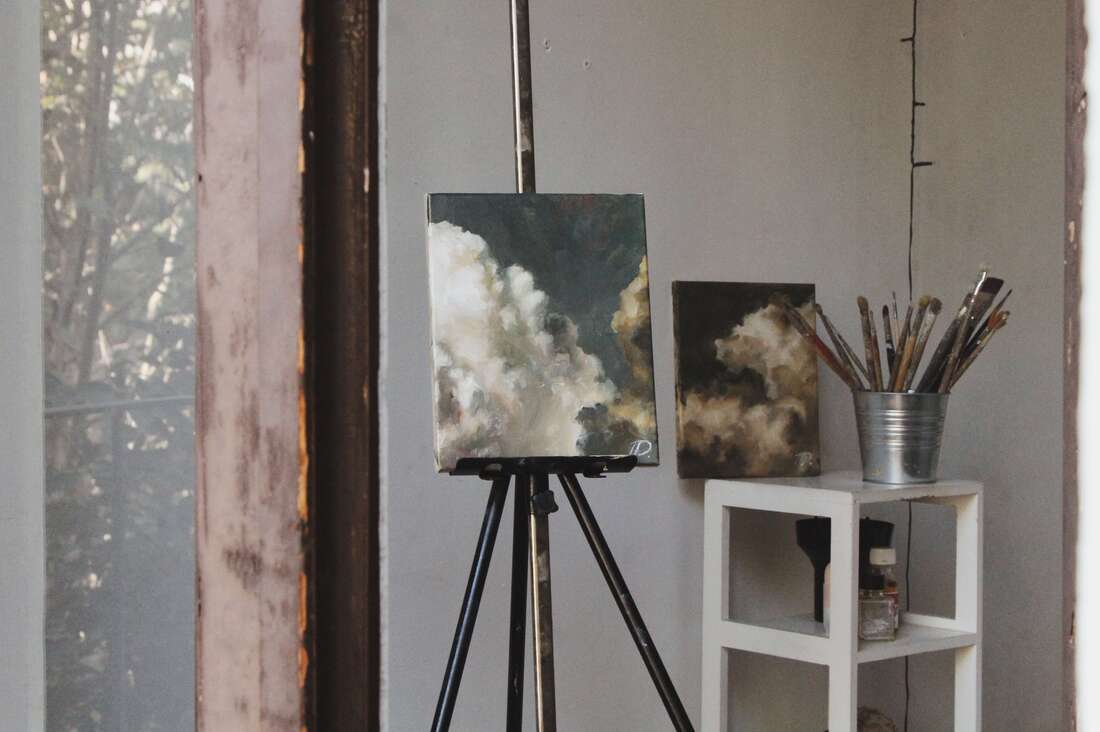
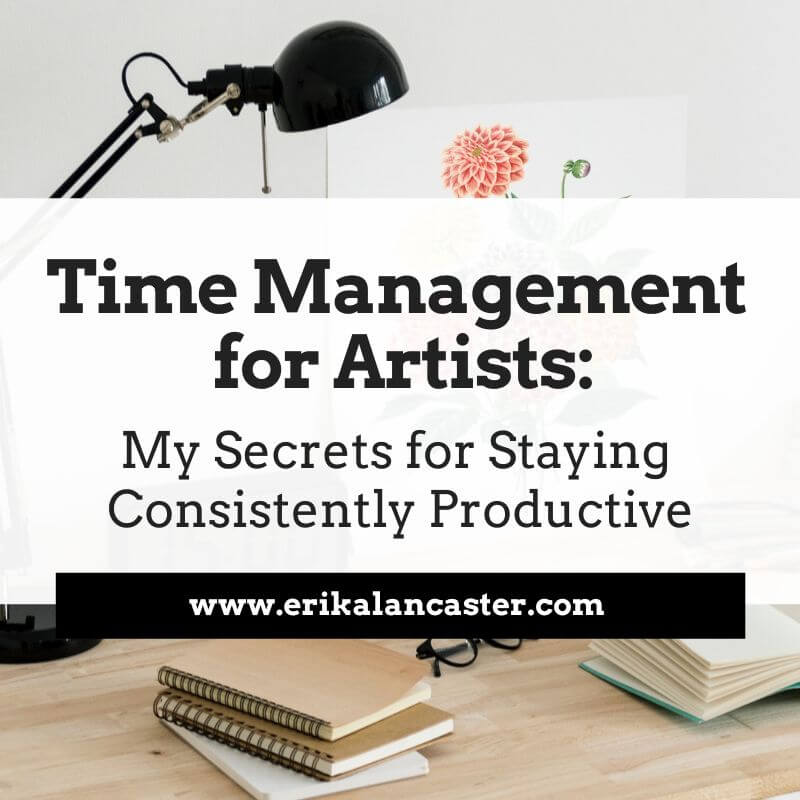


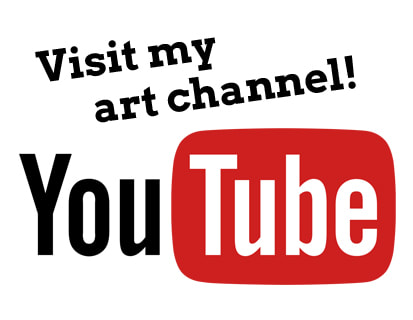
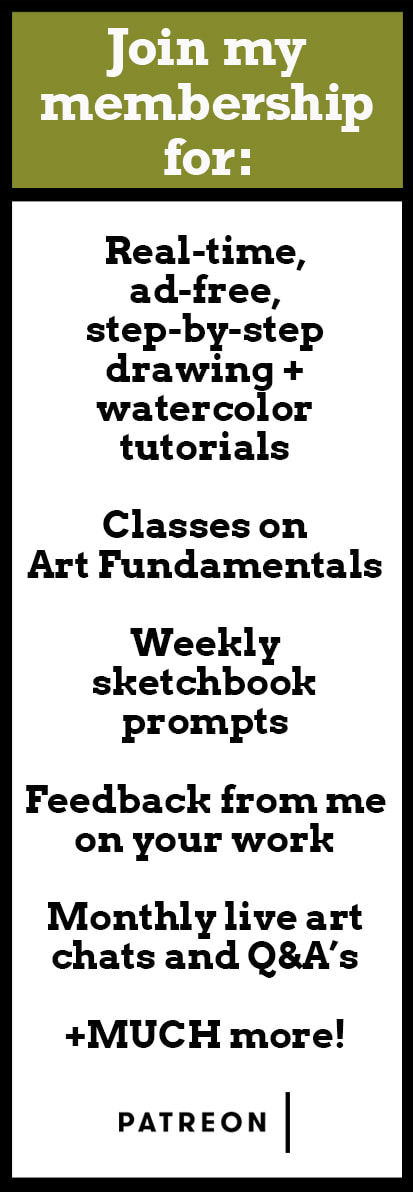
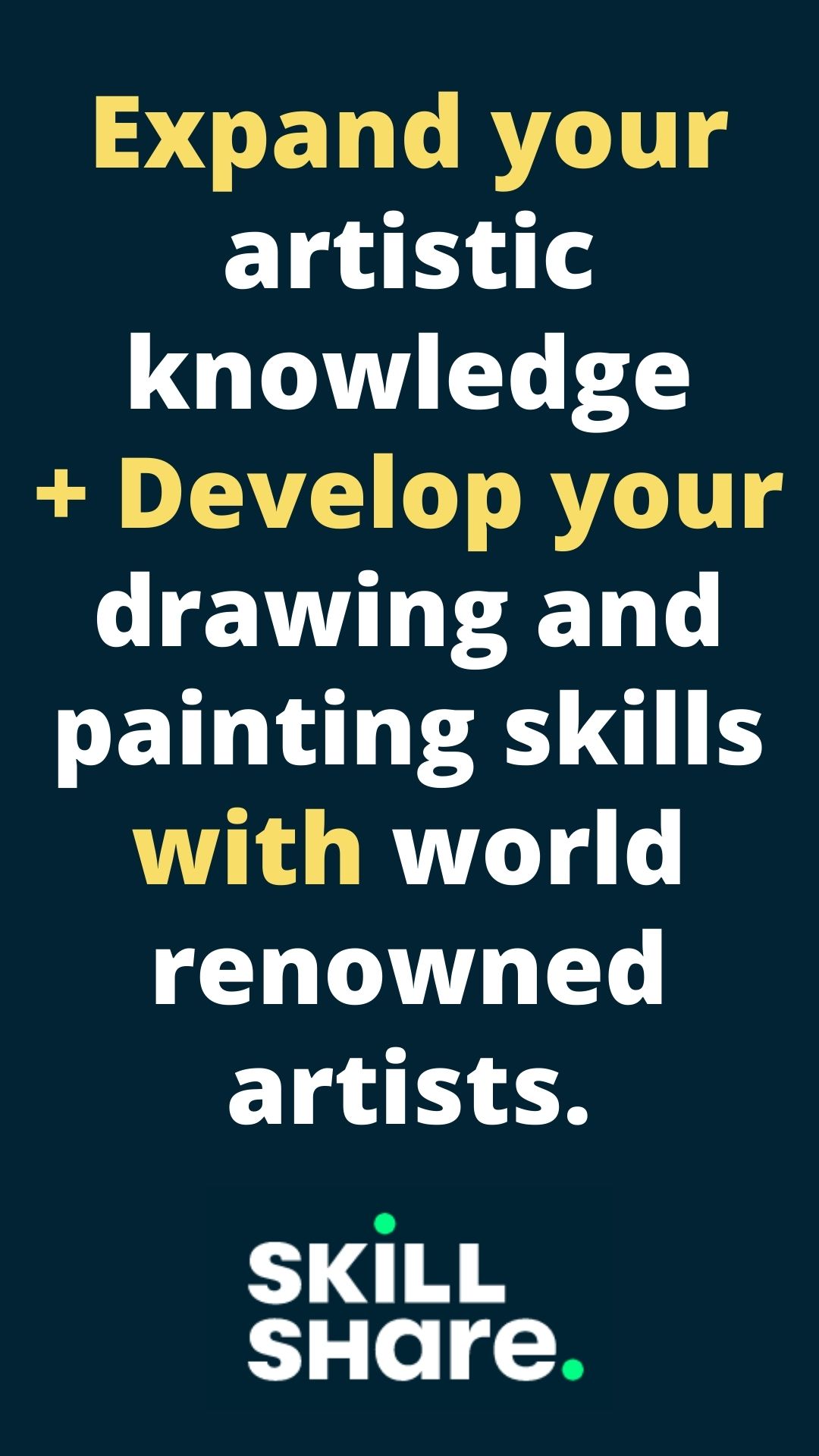

 RSS Feed
RSS Feed

